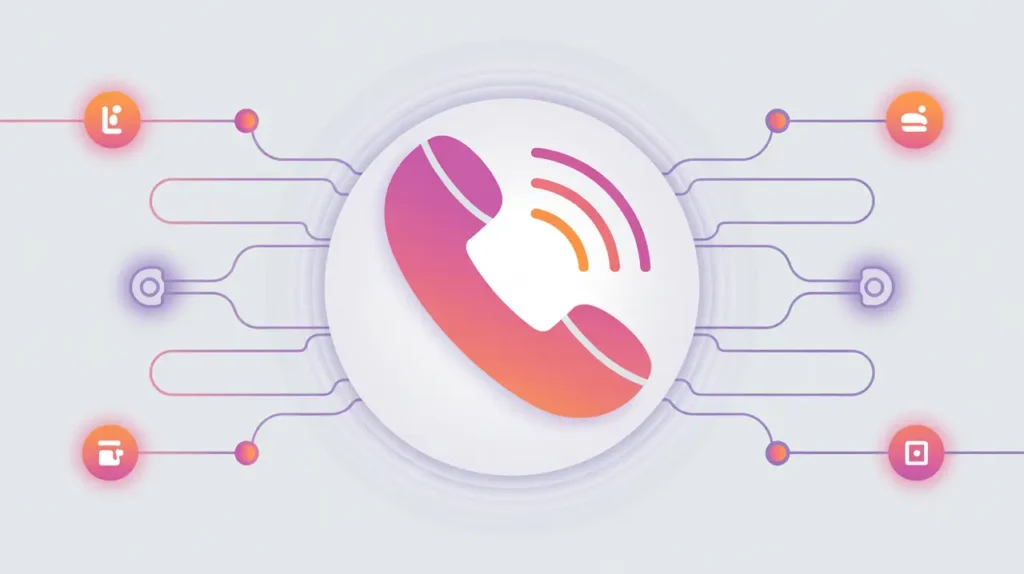Importance of Case Management Systems
Case Management Systems are digital platforms that help organizations track, coordinate, and deliver services to individuals or groups over time. They centralize information about cases (whether patients, students, or beneficiaries) and support workflows such as intake, assessment, referral, and follow-up. Their importance today lies in improving continuity of care and accountability in complex social service ecosystems.
For social innovation and international development, case management systems matter because mission-driven organizations often serve vulnerable populations who require personalized and sustained support. Effective systems ensure that no one falls through the cracks and that services are delivered efficiently and equitably.
Definition and Key Features
Case management systems include features like case records, task tracking, scheduling, document management, and reporting. They may integrate with CRMs, health information systems, or government databases to enable interoperability. AI-enhanced tools can automate risk scoring, recommend interventions, and flag urgent cases for follow-up.
They are not the same as general project management tools, which track tasks and milestones but do not center on individuals or households. Nor are they equivalent to donor management systems, which focus on fundraising. Case management systems specifically track service delivery and outcomes at the beneficiary level.
How this Works in Practice
In practice, organizations use these systems to manage health patients, social service clients, or students requiring targeted support. For example, a child protection NGO can record case histories, assign tasks to staff, and monitor progress through dashboards. Integration with mobile apps allows fieldworkers to update cases in real time, while analytics provide insights into trends and service gaps.
Challenges include maintaining data privacy and security, ensuring interoperability across agencies, and training staff to use systems effectively. Costs and complexity may also pose barriers for smaller organizations, requiring lightweight or open-source solutions.
Implications for Social Innovators
Case management systems are critical for mission-driven organizations. Health programs use them to track chronic patients and coordinate care across clinics. Education initiatives manage student progress, referrals, and support services. Humanitarian agencies rely on them to register refugees, monitor protection cases, and deliver aid fairly. Civil society groups use them to advocate for vulnerable populations by documenting and analyzing case data.
By organizing and tracking complex service delivery, case management systems help organizations deliver holistic, consistent, and accountable support to the people they serve.







